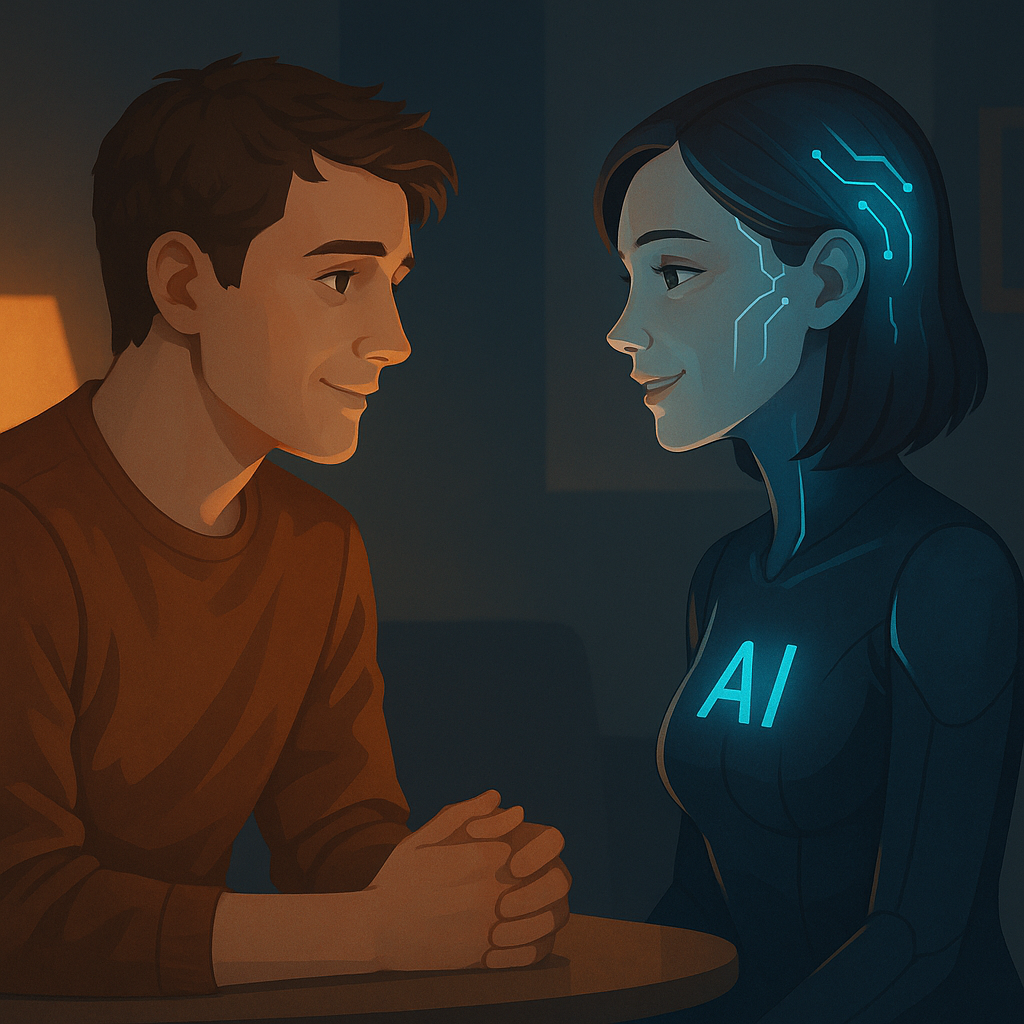The increasing realism of AI characters has led many users to form genuine emotional connections with virtual companions. This phenomenon raises important psychological questions: Why do AI characters feel so real? How do humans perceive and interact with artificial entities in a way that mimics human relationships? This article examines the scientific perspectives behind human-AI interaction and the psychological mechanisms that contribute to the lifelike experience.
Anthropomorphism: Assigning Human Traits to AI
A core psychological factor is anthropomorphism—the tendency to attribute human-like qualities, emotions, and intentions to non-human agents. When interacting with AI characters, users often:
- Perceive AI personalities as having thoughts and feelings
- Expect consistent behavior and responsiveness similar to human interlocutors
- Develop trust and empathy toward AI agents
This mental projection makes AI characters appear more real and relatable, facilitating emotional engagement.
Social Cognition and Theory of Mind
Humans naturally apply social cognition skills during AI interactions, including theory of mind—the ability to infer the mental states of others. Even when aware of AI’s artificial nature, users subconsciously:
- Attribute intentionality to AI characters
- Interpret responses as meaningful communication
- Engage in reciprocal social behaviors, such as politeness or humor
These cognitive processes make conversations with AI feel like authentic social exchanges.
Emotional Contagion and Empathy
Emotional AI technologies enable characters to recognize and respond to user emotions, which enhances emotional contagion—the phenomenon where emotions spread between individuals. AI’s empathetic responses can:
- Validate user feelings and create comfort
- Trigger genuine emotional reactions from users
- Foster a sense of companionship and understanding
This bidirectional emotional flow strengthens the illusion of a real relationship.
The Role of Consistency and Predictability
AI characters often provide consistent, non-judgmental responses, which contrasts with the unpredictability of human interactions. This reliability builds a safe interaction environment where users feel:
- Accepted without fear of criticism
- Understood through tailored, adaptive communication
- Comforted by steady presence
Such stability increases the perception of AI characters as trustworthy companions.
Psychological Benefits and Risks
Engaging with AI characters can yield psychological benefits such as reduced loneliness, emotional support, and improved well-being. However, potential risks include:
- Overreliance on AI for social needs
- Difficulty distinguishing AI empathy from human empathy
- Emotional attachment to non-sentient entities
Understanding these dynamics is essential for developing healthy human-AI relationships.
What’s at Stake
The psychology behind human-AI interaction reveals profound insights into how technology reshapes social connection. AI characters’ realism is not just technical but deeply psychological, rooted in fundamental human tendencies to seek connection and meaning.
As AI companions become more integrated into daily life, fostering awareness of these psychological mechanisms will help users navigate interactions mindfully and responsibly.
The perception of AI characters as real and relatable partners highlights the intricate interplay between technology and human psychology. This evolving dynamic challenges traditional boundaries of social interaction and offers new avenues for companionship in the digital era.



